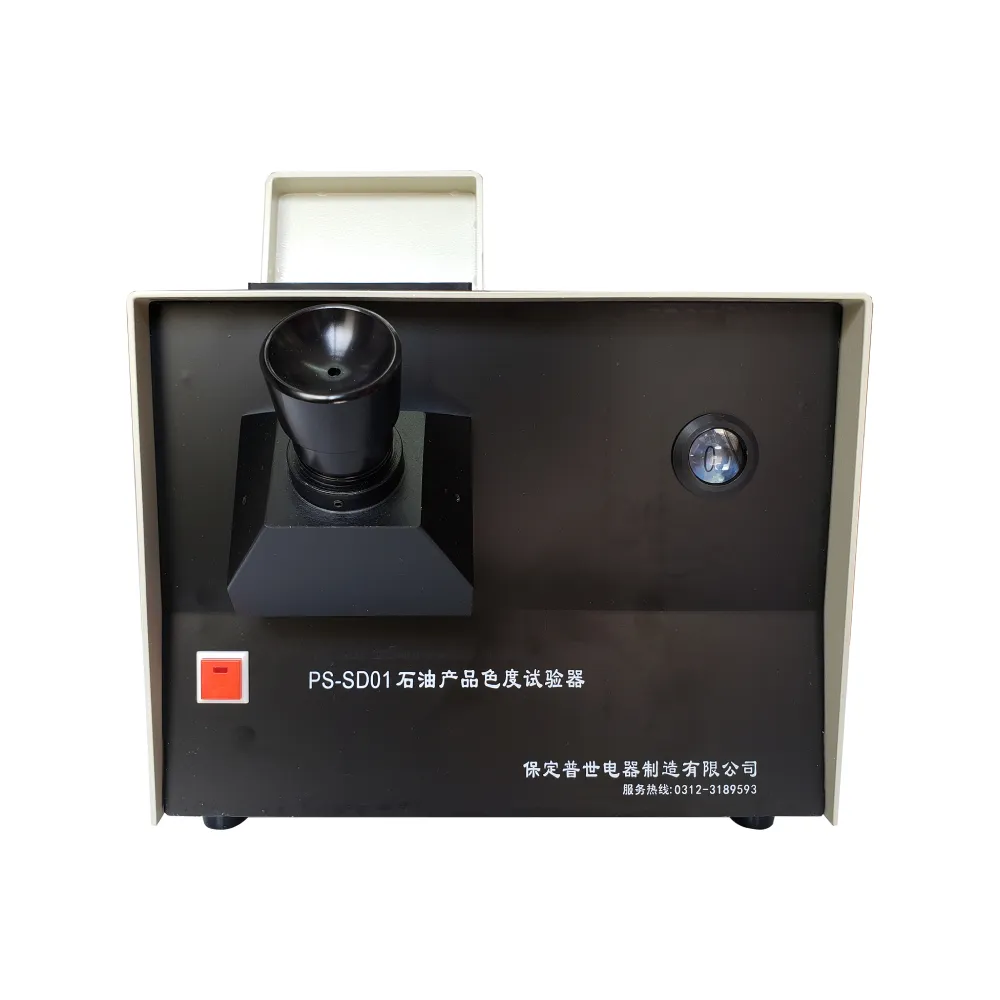 English
English


affinity chromatograph
Affinity Chromatography A Key Technique in Biochemistry
Affinity chromatography is a powerful and widely used technique in biochemistry and molecular biology for the purification of proteins, enzymes, antibodies, and other biomolecules. This method leverages the specific interactions between a target molecule and a ligand that is covalently attached to a solid support material, usually in the form of beads or resin. The high specificity of these interactions enables the purification of the desired compound from complex mixtures, making affinity chromatography an essential tool in both research and industrial applications.
At the heart of affinity chromatography lies the principle of target ligand interaction. When a mixture containing a variety of biomolecules is passed through a chromatography column packed with the ligand-bound material, only the target biomolecules will bind to the ligands, while non-target molecules will be washed away. After the unbound substances are removed, the target is eluted by disrupting the interaction between the ligand and the biomolecule, typically through changes in pH, ionic strength, or by using a competing free ligand.
One of the most significant advantages of affinity chromatography is its high specificity. Unlike other purification methods, such as ion exchange or size exclusion chromatography, which rely on more general properties of molecules (like charge or size), affinity chromatography exploits the unique biochemical properties of the target molecule. This specificity reduces the number of purification steps required, leading to a higher yield of the target substance and often preserving its biological activity.
affinity chromatograph

The versatility of affinity chromatography is another reason for its popularity. Different ligands can be employed depending on the specific characteristics of the target molecule. For example, protein A or G is commonly used to purify antibodies, as they specifically bind to the Fc region of immunoglobulins. Likewise, histidine tags can be utilized to purify recombinant proteins that have been genetically modified to include these tags. Additionally, affinity chromatography can be adapted for the purification of nucleic acids, peptides, and even small molecules, demonstrating its wide-ranging applicability.
In terms of scale, affinity chromatography can be performed on various scales, from small-scale experiments for research purposes to large-scale industrial processes for therapeutic protein production. Its efficiency and high specificity make it ideal for producing high-quality biological products that are crucial for drug development, diagnostics, and various therapeutic applications.
However, there are some challenges associated with affinity chromatography. One of the primary concerns is the potential loss of target activity during the purification process. To mitigate this, it is critical to optimize the binding and elution conditions for each specific target. Additionally, the cost of affinity resins can be higher than other chromatographic materials, which may limit their use in large-scale applications. Despite these challenges, continuous advancements in chromatography technology and the development of novel ligands and matrices are improving the efficiency and cost-effectiveness of this technique.
In conclusion, affinity chromatography remains a cornerstone technique in the field of biochemistry and molecular biology. Its ability to selectively purify biomolecules with high specificity and efficiency makes it invaluable for both academic research and industrial applications. As technology progresses and new methods are developed, the role of affinity chromatography will likely expand, contributing to advances in biotechnology and pharmaceuticals.
-
Differences between open cup flash point tester and closed cup flash point testerNewsOct.31,2024
-
The Reliable Load Tap ChangerNewsOct.23,2024
-
The Essential Guide to Hipot TestersNewsOct.23,2024
-
The Digital Insulation TesterNewsOct.23,2024
-
The Best Earth Loop Impedance Tester for SaleNewsOct.23,2024
-
Tan Delta Tester--The Essential Tool for Electrical Insulation TestingNewsOct.23,2024





